Water leak from my bathroom into downstairs condo
raineygirl
10 years ago
Featured Answer
Comments (15)
raineygirl
10 years agoRelated Professionals
University City Kitchen & Bathroom Remodelers · Bethel Park Kitchen & Bathroom Remodelers · Broadlands Kitchen & Bathroom Remodelers · Buffalo Grove Kitchen & Bathroom Remodelers · Camarillo Kitchen & Bathroom Remodelers · Ewa Beach Kitchen & Bathroom Remodelers · Lincoln Kitchen & Bathroom Remodelers · Niles Kitchen & Bathroom Remodelers · Patterson Kitchen & Bathroom Remodelers · Richland Kitchen & Bathroom Remodelers · Saint Helens Kitchen & Bathroom Remodelers · Salinas Kitchen & Bathroom Remodelers · Upper Saint Clair Kitchen & Bathroom Remodelers · Wilmington Kitchen & Bathroom Remodelers · Lawndale Kitchen & Bathroom Remodelersbus_driver
10 years agolive_wire_oak
10 years agoraineygirl
10 years agolive_wire_oak
10 years agoraineygirl
10 years agoraineygirl
10 years agoaidan_m
10 years agoGreenDesigns
10 years agoraineygirl
10 years agoklem1
10 years agoraineygirl
10 years agoUser
10 years agoraineygirl
10 years ago
Related Stories
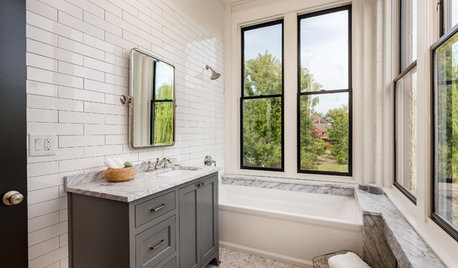
BATHROOM DESIGN10 Bathroom Trends From the Kitchen and Bathroom Industry Show
A designer and his team hit the industry’s biggest show to spot bathroom ideas with lasting appeal
Full Story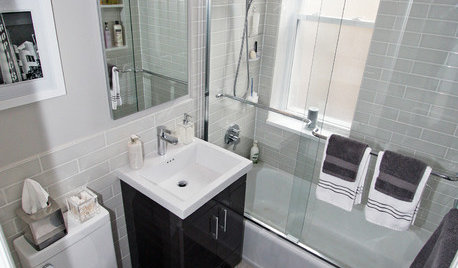
BATHROOM DESIGNWater Damage Spawns a Space-Saving Bathroom Remodel
A game of inches saved this small New York City bathroom from becoming too cramped and limited
Full Story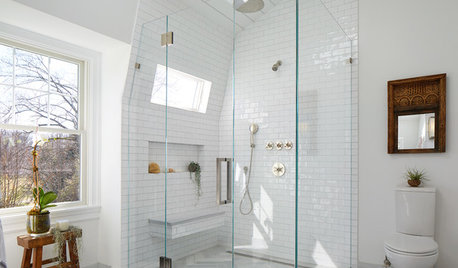
BATHROOM MAKEOVERSRoom of the Day: Water Leak Leads to Good Things in a Master Bath
Take a peek inside to see its new features, including a vaulted ceiling, a heated floor and lots of natural light
Full Story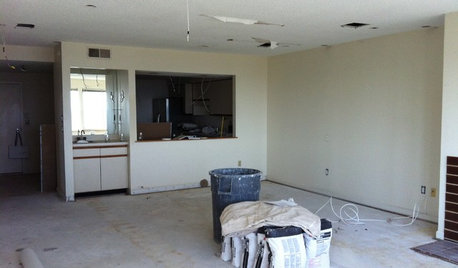
DISASTER PREP & RECOVERYRemodeling After Water Damage: Tips From a Homeowner Who Did It
Learn the crucial steps and coping mechanisms that can help when flooding strikes your home
Full Story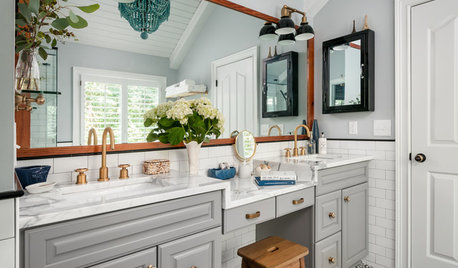
BATHROOM MAKEOVERSWhat I Learned From My Master Bathroom Renovation
Houzz writer Becky Harris lived through her own remodel recently. She shares what it was like and gives her top tips
Full Story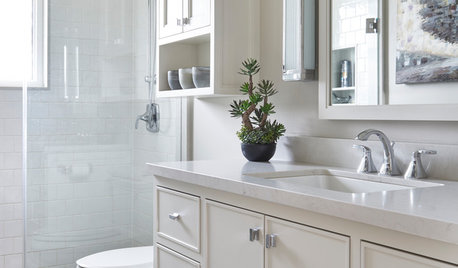
MOST POPULAR50-Square-Foot Bathroom Goes From Dark to Light
A designer creates a feeling of spaciousness in this bath, with more counter space, better light and plenty of storage
Full Story
HEALTHY HOMEHow to Keep Water Vapor From Ruining Your House and Your Health
We help you find out when it’s happening, what it means and how to fix it
Full Story
HOUSEKEEPINGHow to Remove Water Rings From Wood Tables
You may be surprised by some of these ideas for removing cloudy white water marks from wood surfaces
Full Story
INSIDE HOUZZTop Takeaways From the 2020 U.S. Houzz Bathroom Trends Study
See which design styles and features homeowners want in their master bathroom remodels now
Full Story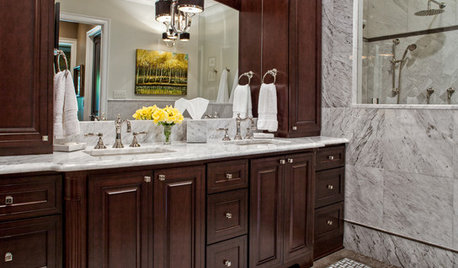
REMODELING GUIDESBathroom Workbook: How Much Does a Bathroom Remodel Cost?
Learn what features to expect for $3,000 to $100,000-plus, to help you plan your bathroom remodel
Full StoryMore Discussions






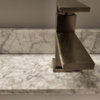
User